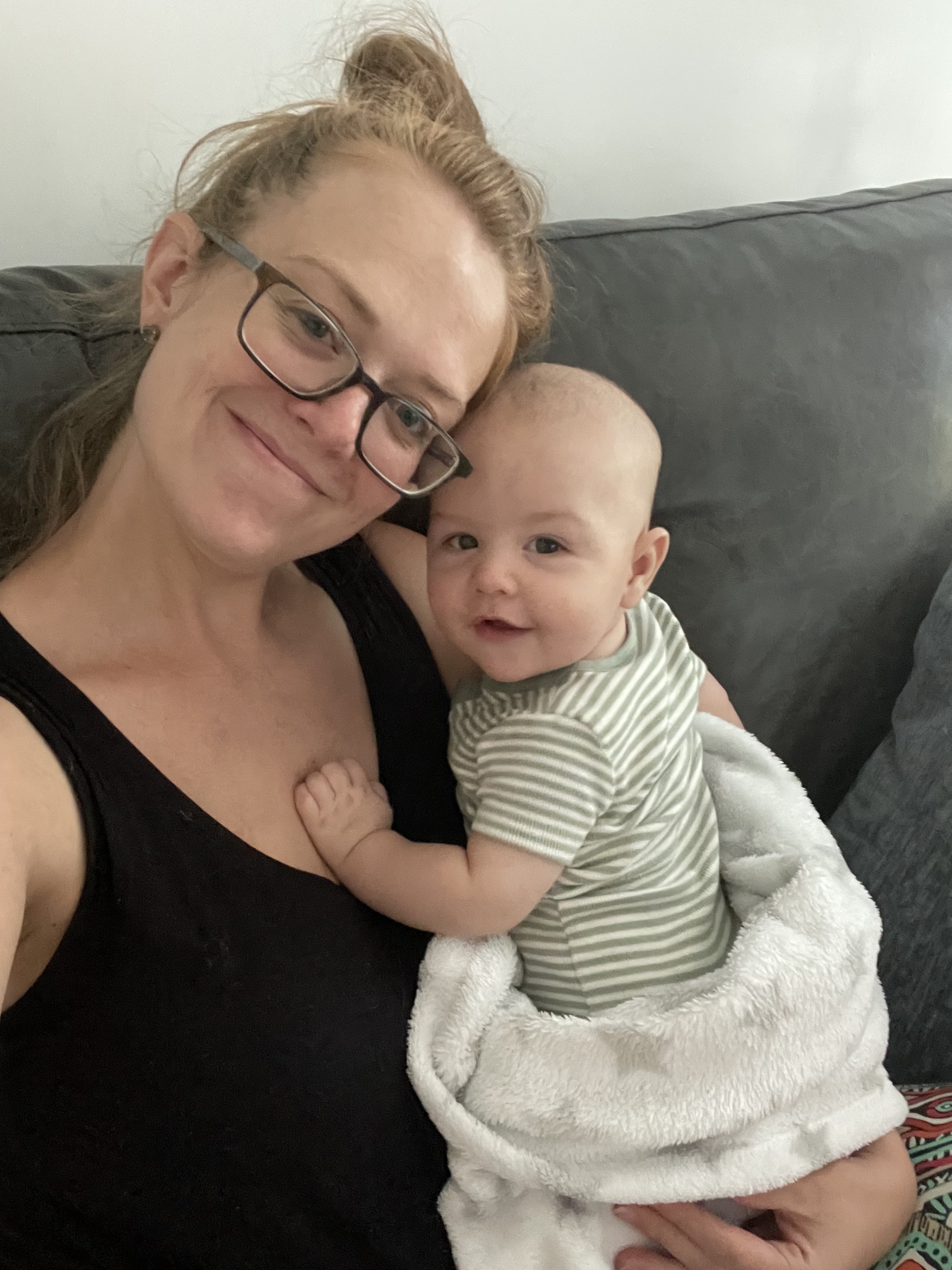Heather Caslin is a postdoctoral researcher in the Alyssa Hasty lab at Vanderbilt University in the Department of Molecular Physiology and Biophysics. She received her Ph.D. from Virginia Commonwealth University. She studies how macrophages and mast cells contribute to weight cycling accelerated metabolic disease. Heather is also passionate about teaching, mentorship, and outreach, and she has worked with the Collaborative for STEM Outreach and Education at Vanderbilt University, has volunteered with the organization Black in Immuno, and does science communication via Instagram!
Learn a bit about her research from Heather herself!
"Metabolic immune memory in weight cycling"
Whose lab are you in, and what made you choose their lab?
I came to Vanderbilt to work in Alyssa Hasty’s lab! I was interested in studying immunometabolism- the interplay between metabolism and the immune system and I was both scientifically and personally interested in this weight cycling project. I was also confident that Alyssa’s interest in career development would help her support my training.
When you were 5, what did you want to be when you grew up?
Zookeeper to feed the animals, 7-Eleven manager to get free slurpees, or a teacher. I didn’t have an invisible friend, I had an invisible class!
What was it about science that drew you to it?
I love how many unanswered questions we still have, and how finding answers can help the world make sense.
In a nutshell, what do you study?
I study how the immune system contributes to diabetes during weight gain, weight loss, and weight cycling.
Why is your research important? What is its larger impact, and/or how do you foresee it impacting public health?
So many people struggle with weight loss and diseases related to weight regain. My research suggests that your immune system does not reset after weight loss, and may be a causal link with weight regain-related disease. We hope this research will reveal a potential therapeutic target to improve weight cycling accelerated diabetes risk.
What has been your biggest challenge as a scientist?
Troubleshooting experiments for months. And being wrong regularly! I feel like data and colleagues constantly challenge your hypotheses. It was difficult at first, but learning to constantly reconsider preconceived notions has actually been a great life skill too.
What's next for you?
Submitting this data so I can apply for faculty positions within the next year! I would love to run a small research group and teach undergraduate students.
Best way to spend time while waiting on an experiment to finish:
Twitter!
What are you looking forward to doing most, once the pandemic is under control, and life starts to return to a state of normalcy?
Concerts! And seeing my family more often.
.jpg)
